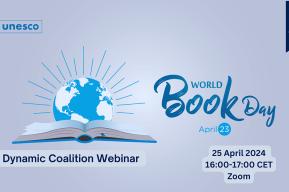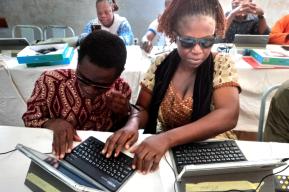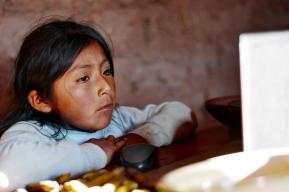
News
From commitment to action: implementation of OER Recommendation in Eastern and Southern Africa

This workshop, organized by UNESCO, is part of a series of regional workshops to support the implementation of the 2019 Recommendation on OER and raise awareness on the current monitoring exercise for this first normative instrument relating to education and technology.
Governmental representatives and experts from the following countries attended the event: Botswana, Comoros, Djibouti, Eritrea, Eswatini, Ethiopia, Kenya, Lesotho, Madagascar, Malawi, Mauritius, Mozambique, Namibia, Rwanda, Seychelles, Somalia, South Africa, South Sudan, Tanzania, Uganda, Zambia and Zimbabwe.
Availability and accessibility of quality education content, but also connectivity and Internet access, are indispensable for universal access to information and the achievement of education for all. UNESCO has been a pioneer in promoting open data, standards and science, as well as Free and Open Source Software and OER as a driver for sustainable development.
The workshop also provided an opportunity to update Member States on the monitoring of the implementation of the Recommendation, further to the invitation to governments to report on the implementation of this normative instrument by early 2023.
Furthermore, participants were invited to provide inputs to two draft UNESCO Guidelines on policy and capacity building respectively, being developed by UNESCO. This document aim to support Member States in the implementation of the UNESCO OER Recommendation, particularly by providing guidance to users on policy formulation and capacity development on OER.
In the discussions, speakers emphasized the importance of the definition of OER in the UNESCO OER Recommendation, underscoring that open licenses ensure that users have the legal right to share and develop educational content.
According to Alex Gakuru, Former Regional Africa Coordinator from Creative Commons, OER can transform learning from production era to knowledge era.
The sharing of experiences from representatives of Rwanda, Lesotho, South Africa, Uganda, Kenya, Madagascar, Mozambique and Zimbabwe showed significant progress and increasing use of the Recommendation to drive co-creation and sharing of content forward, despite challenges related to the prerequisites of OER such as connectivity issues. In this regard, participants emphasized the crucial need for capacity building and the importance of having enabling policy architectures for the development of OER at country level. Prof. Kuzvinetsa Peter Dzvimbo, CEO for Zimbabwe Council for Higher Education, emphasized the need for a critical pedagogy that articulates the role of OER in education.
In this spirit, the workshop was a landmark event in terms of sharing good practices on how to drive the roll out and practical use of OER forward.
OER should be understood as a user and not a developer. We focus much on how to develop OER rather than how we can utilize it. Capacity building should focus on how it can be used to perform quality assurance, how to find it and its benefits.









